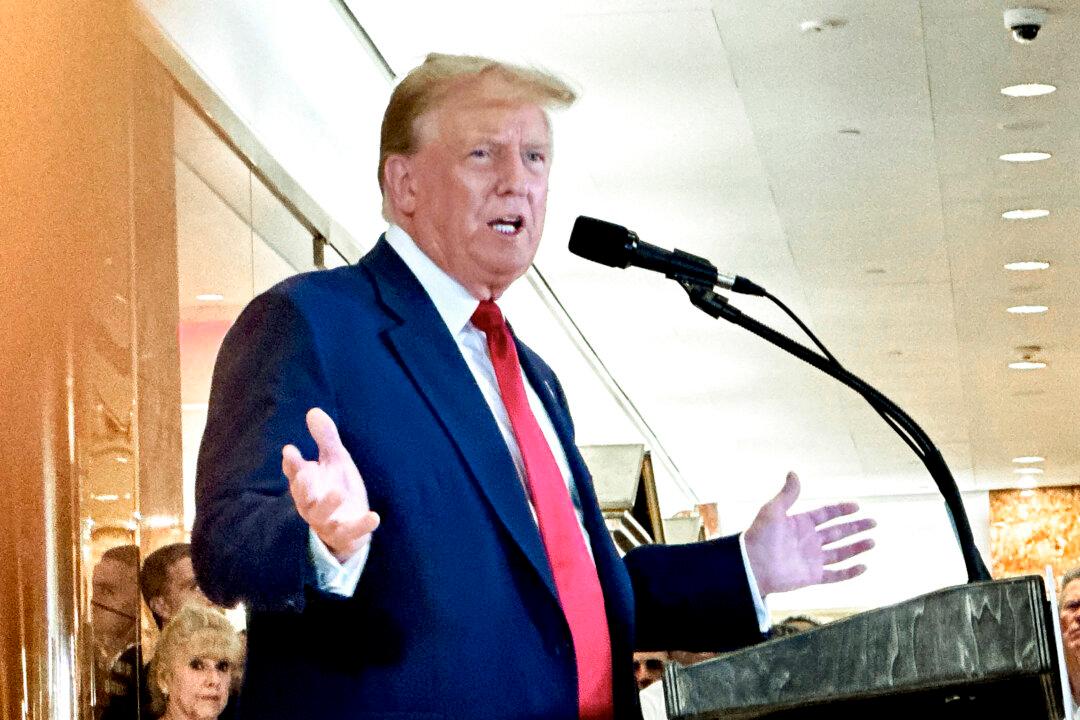Commentary
The echo of “guilty” had barely subsided from Acting Justice Juan Merchan’s courthouse before a new meme waddled its way toward centerstage.

The echo of “guilty” had barely subsided from Acting Justice Juan Merchan’s courthouse before a new meme waddled its way toward centerstage.